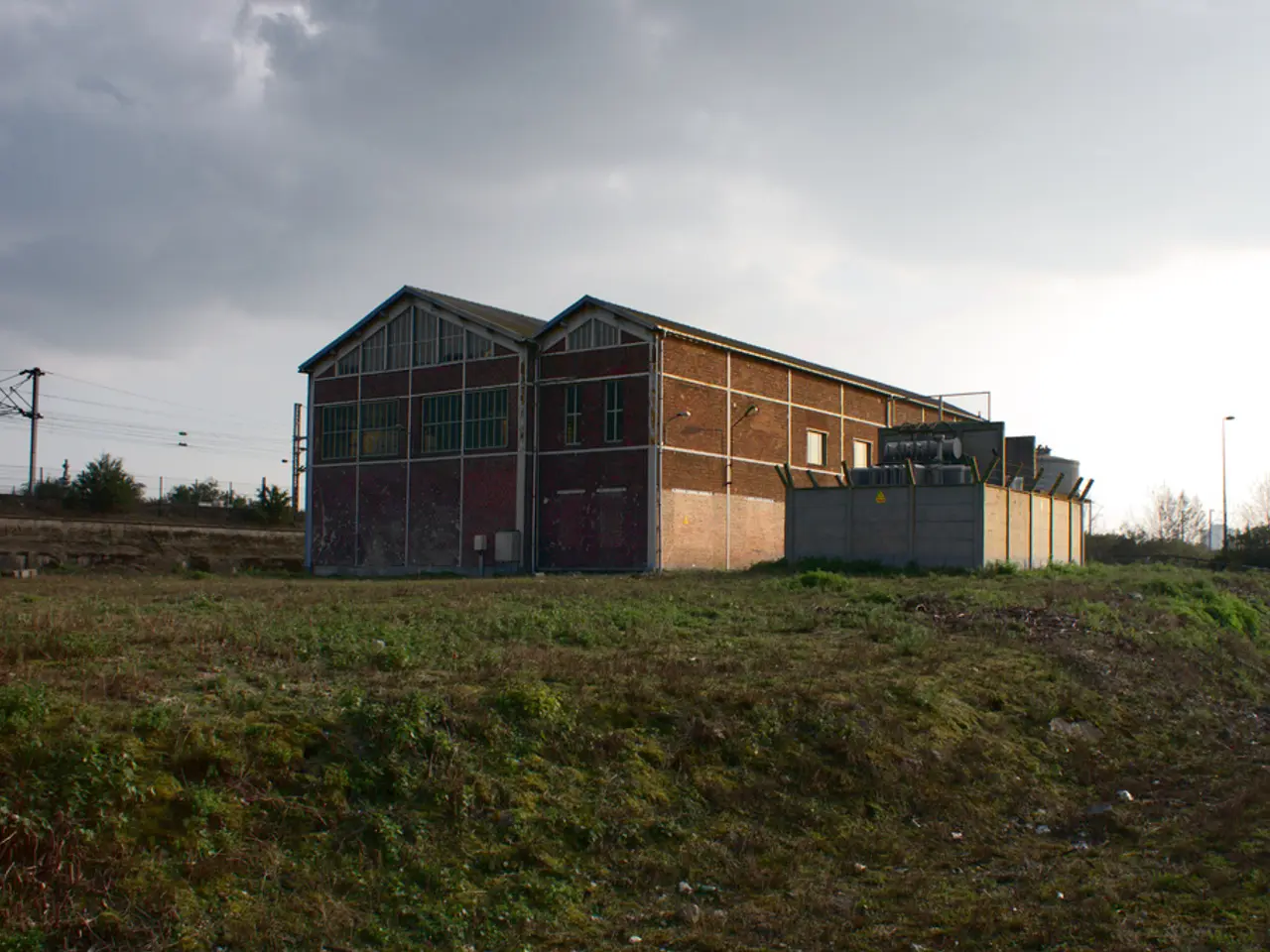Electricity Pricing Policy Evaluated by the Chamber
The Labour Chamber, a key player in Germany's energy sector, has published an analysis titled "Social Electricity Prices in the Energy Transition - Theses for a Labour-Oriented Electricity Pricing Policy." The comprehensive report, available at www.arbeitskammer.de/strompreise, outlines proposals aimed at ensuring electricity remains an affordable basic necessity for both private households and industry.
In the analysis, the Labour Chamber supports a fair support policy for renewable energies, such as stronger backing for citizen energy projects. They advocate for an affordable basic requirement for households, tailored to individual needs and financed in a socially balanced way.
Jörg Caspar, CEO of the Labour Chamber of Saarland, reiterates the importance of affordable electricity, stating that it is a basic necessity and must remain so, not just in the short term but also in the long term. He emphasizes that high electricity prices are affecting people at both home and work.
The Labour Chamber of Saarland and the Employees' Chamber of Bremen have called for a fundamental realignment of electricity pricing policy. They propose structural reforms, including the remunicipalization of electricity grids, to better control network expansion and prevent monopolistic structures.
One of their proposals is a reduction in state electricity price components, particularly the electricity tax. They also suggest a competitive industrial electricity price, contingent on factors such as collective bargaining agreement coverage, location loyalty, and concrete plans for climate-neutral transformation.
The energy transition, if not designed fairly, may threaten social participation and industrial value creation, according to the analysis. To counter speculative price jumps on the energy market, the Labour Chamber proposes the introduction of an excess profit tax.
The Labour Chamber also emphasizes the need for an ambitious expansion offensive for renewable energies. They believe that regional coordination to access cheaper and cleaner electricity sources, such as joining regional markets, may reduce wholesale electricity costs and stabilize prices for end consumers, including labor communities.
Attention is given to the distributional impacts of electricity pricing, especially the burden on low-income households, often including working-class families who face disproportionate energy burdens and potentially energy poverty. The Labour Chamber aims to design time-varying pricing carefully to avoid adverse effects on low-income or labor households.
While the specific proposals from the analysis are yet to be fully detailed, the Labour Chamber's call for affordable, fair, and equitable energy costs during the energy transition is clear. For precise proposals from the thesis, direct consultation of the original analysis may be necessary.
- The Labour Chamber, in their analysis on social electricity prices, supports a policy that encourages fair financing for renewable energies in the broader context of the energy sector and politics.
- The Labour Chamber and several other chambers have advocated for a reformation in the electricity pricing policy, which includes remunicipalization of electricity grids to prevent monopolistic structures in the finance industry.
- In the energy transition, the Labor Chamber highlights the importance of addressing distributional impacts, particularly the burden on low-income households, and aims to design time-varying pricing to avoid adverse effects on such households in the realm of general news and policy-and-legislation.




